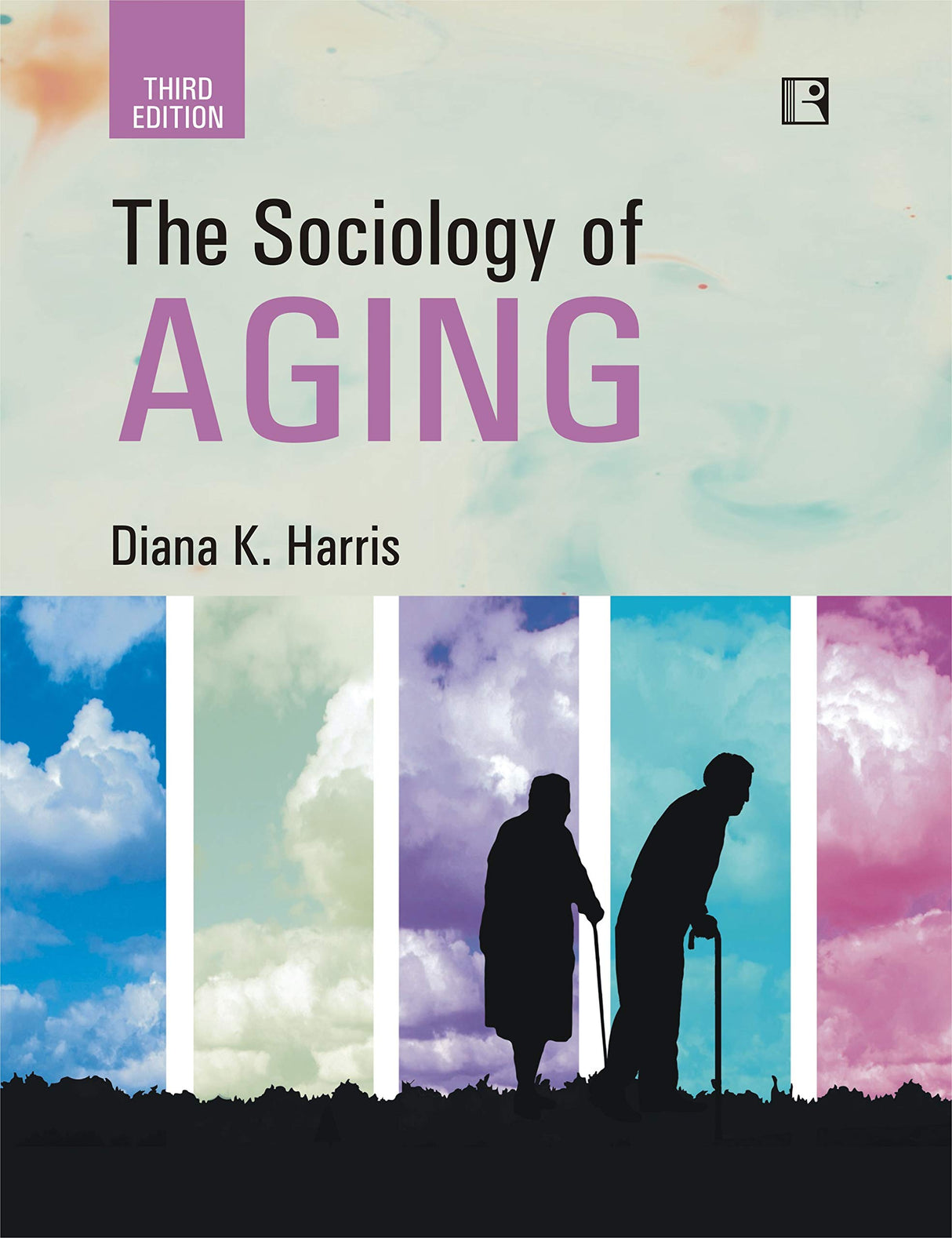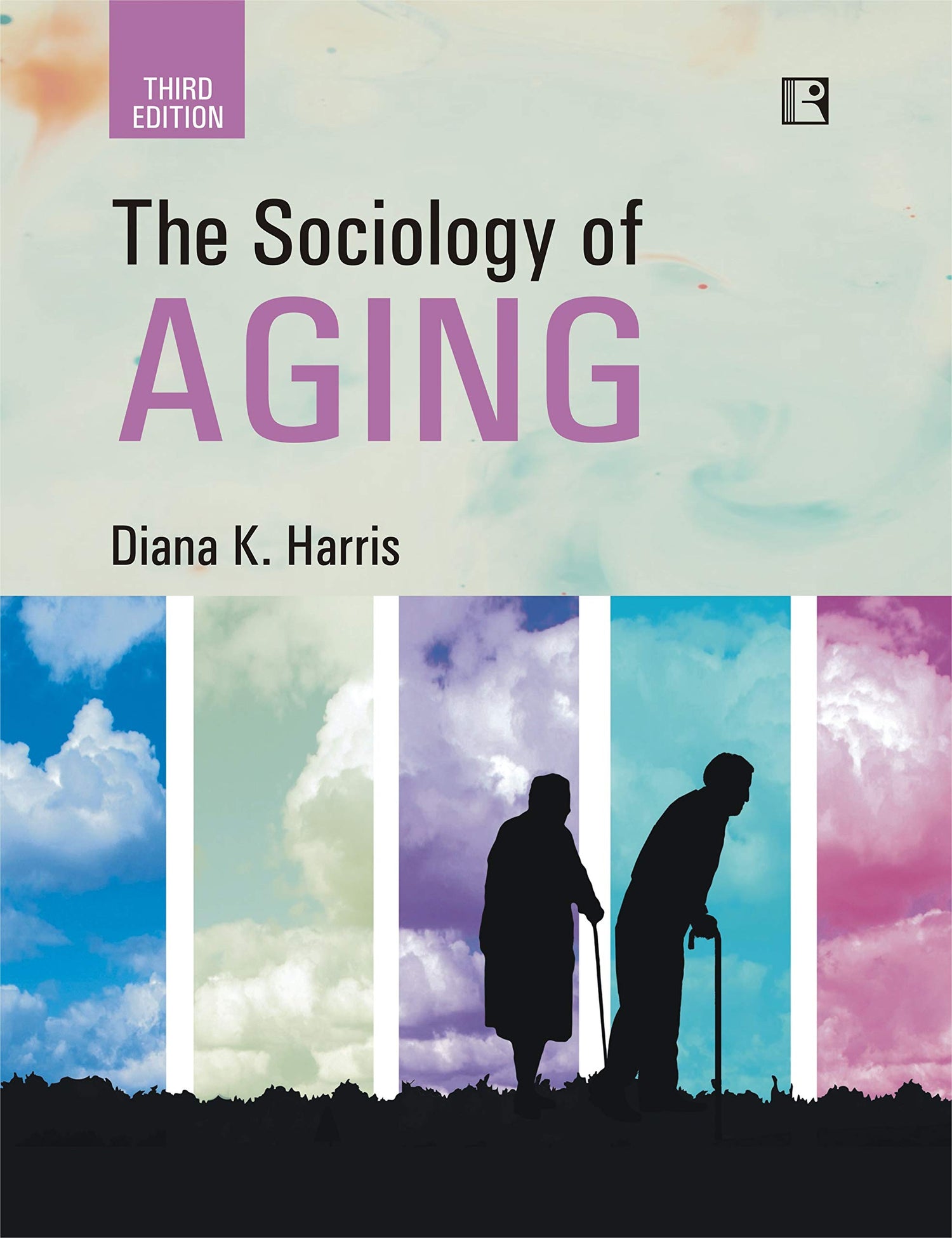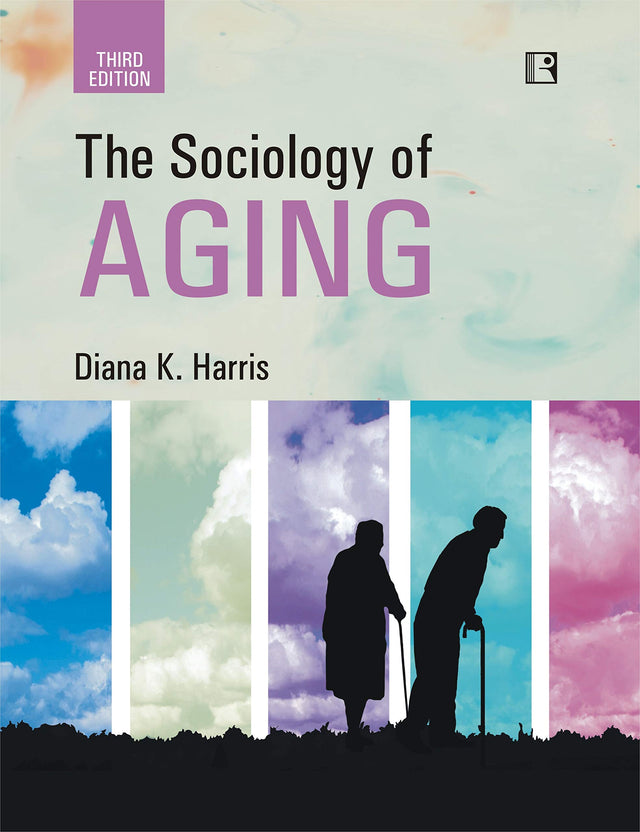THE SOCIOLOGY OF AGEING THIRD EDITION
THE SOCIOLOGY OF AGEING THIRD EDITION is backordered and will ship as soon as it is back in stock.
Couldn't load pickup availability
Genuine Products Guarantee
Genuine Products Guarantee
We guarantee 100% genuine products, and if proven otherwise, we will compensate you with 10 times the product's cost.
Delivery and Shipping
Delivery and Shipping
Products are generally ready for dispatch within 1 day and typically reach you in 3 to 5 days.
Book Details
-
Author: Diana K. Harris
-
Publisher: Rawat Publications
-
Language: English
-
Edition: 2020
-
ISBN: 9788131611234
-
Pages: 300
-
Binding: Hardback
-
Sale Territory: India
About the Book
This book offers a comprehensive overview of the sociology of aging, remaining the only work that addresses aging exclusively from a sociological perspective. Fully updated in its new edition, it includes new chapters focused on the retirement of the first baby boomers, the development of semi-independent or assisted living housing arrangements, elder abuse in nursing homes (including general quality concerns), and the long-term challenges that affect Medicare and Social Security.
The book is organized into five insightful sections:
-
Part 1: The Scope of Aging
-
The Field and Its Methods
-
Population, Boomers, and Longevity
-
-
Part 2: The Individual and Society
-
Age Norms and Age Statuses
-
Cultural Values and Cultural Diversity
-
Social, Biological, and Psychological Aspects of Aging
-
Social Groups, Organizations, and Retirement Communities
-
-
Part 3: Social Inequality
-
Social Stratification and Class
-
The Minority Elderly
-
-
Part 4: Social Institutions
-
The Family and Education
-
The Economy: Work and Retirement
-
Politics and Religion
-
-
Part 5: Issues of Aging
-
Deviance
-
Assisted Living, Nursing Homes, and Health
-
Death and Dying
-
Income and Health Security
-
This updated edition provides an in-depth and holistic exploration of aging from a sociological viewpoint. It addresses the impact of social structures and policies on older adults, making this book a vital resource for students, researchers, and professionals in the fields of aging, sociology, social services, and public health.





